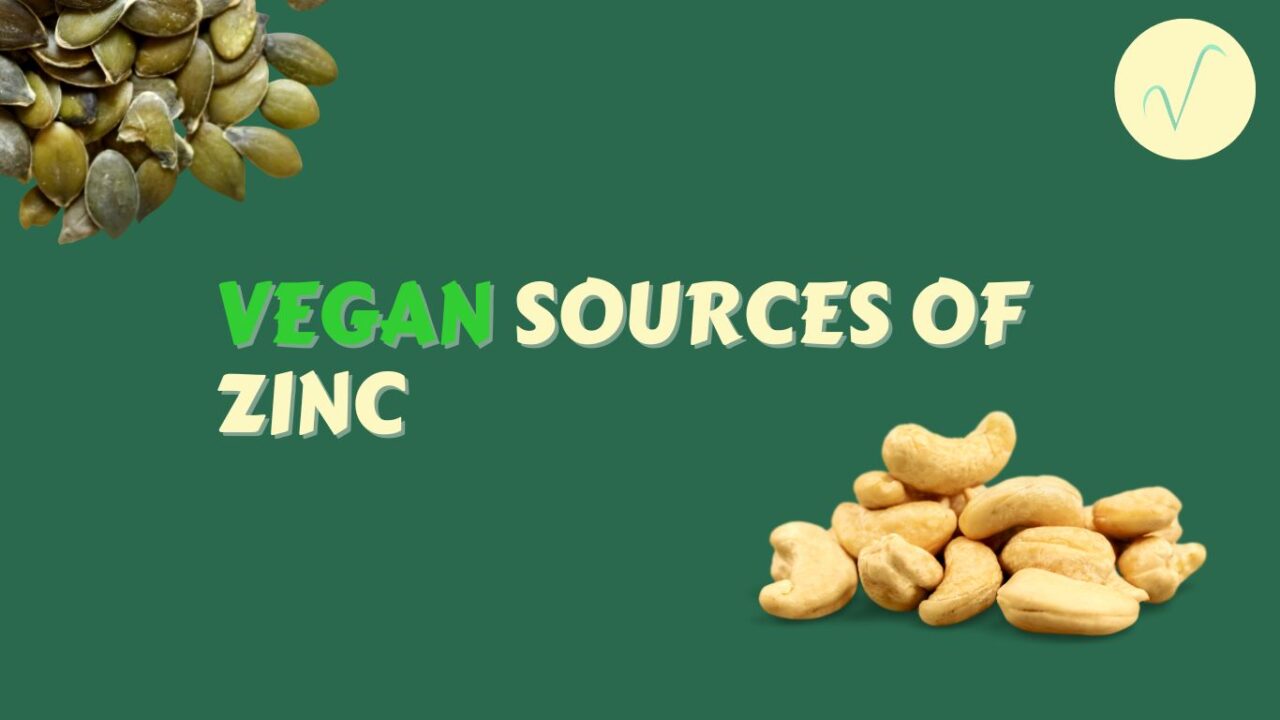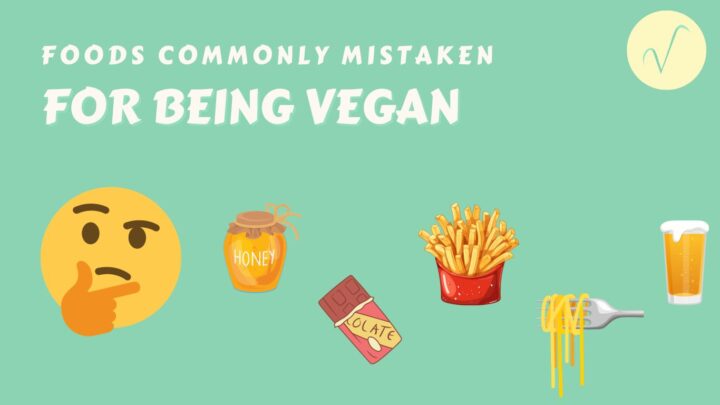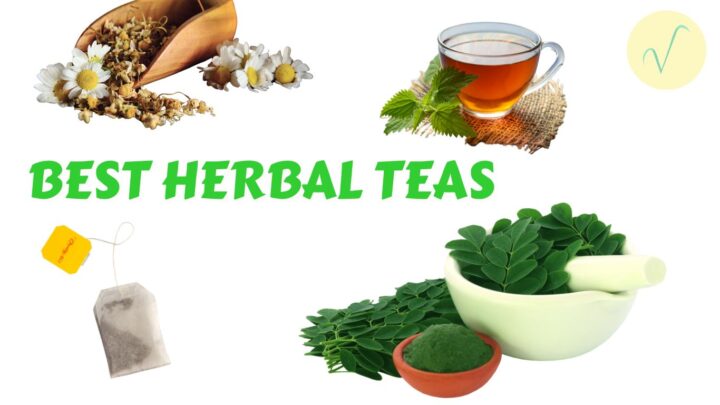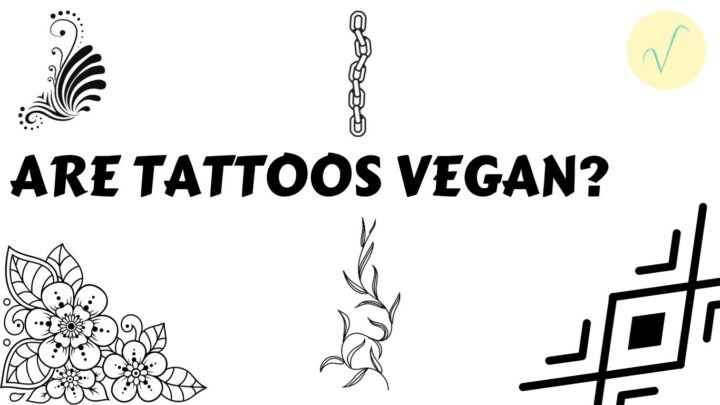Zinc is a vital mineral for a smooth-running immune system, for healing, and hormone balance, as well as an array of other bodily processes.
The good thing is when going vegan, or plant-based, for health, zinc is easy to incorporate in the diet. There are many vegan food sources of zinc, read on if you need guidance and some foods to add to your shopping list.
Hemp Seeds
Hemp seeds have been a newly trending food, for many reasons. It’s high in protein, a complete protein in fact, as well as being rich in an array of other plant-based nutrients.

30g, or approximately a tablespoon or two, amounts to 23% of your recommended daily intake.
Quinoa
Quinoa is also a great food recently growing in popularity. It’s actually been eaten for years, dating back to the Aztecs, and this gluten free pseudocereal packs a great nutritional punch.

High in Iron, B-Vitamins and loaded with 13% of your day’s zinc per 1 cup, or 185g of cooked quinoa.
Lentils
Lentils are a great form of plant based protein, carbohydrates, as well as iron. They are also a great source of folate as well as being rich in thiamin.

In this case, 1 cup, or 198g of cooked lentils, provides you with 17% of your recommended zinc. Try our veganised red lentil lasagne today, a great way to enjoy lentils for the first time.
Pumpkin Seeds
Pumpkin seeds are a great snack to get into, one of the best plant-based sources of protein, as well as iron.

Pumpkin seeds are notorious among the vegan community for being high in zinc, in fact, per ounce or handful, pumpkin seeds provide 19% of your daily zinc needs.
Amaranth
Amaranth is another ancient grain rich in a range of nutrients, including iron, calcium and zinc, providing 19% of your DRV in one cup of cooked amaranth.

It’s a rather filling alkaline grain so to make the most I’d advise you try our vegan amaranth fritters recipe, with its sticky texture it doesn’t behave the same way rice or quinoa does.
Oats
Oats can be enjoyed as a breakfast as is, to thicken smoothies, or make vegan pancakes and burgers. Most would just think they’re just carbs and that’s why they provide you with energy.

Although that is the case, oats are also high in protein, and 100g of oats is equal to 26% of your day’s zinc, as well as high levels of manganese, copper, iron, and even trace amounts of calcium.
Chickpeas
Chickpeas are a nice versatile alkaline legume that can be enjoyed in a variety of meals. You can try our easy vegan falafel recipe or even our soy free vegan omelette recipe just to start off with (made from chickpea gram flour)!

Chickpeas, aka Garbanzo beans are the only alkaline “bean”, and rich in iron, calcium, manganese and of course zinc, in which it packs 17% of your RDA.
Wild Rice
Wild Rice is a type of rice that is unrefined, and also alkaline. A great choice compared to “regular” white rice, and packed with a range of nutritional benefits.

You can enjoy them with lentils, roast veggies and salad, and you’d be glad to know 1 cup of cooked wild rice is rich in zinc, providing you with 20% of your day’s value.
Black Beans
Black beans are a Mexican favourite, as well as being a popular ingredient in a lot of Central American, and even Portuguese cuisine.

You can’t beat a good black bean corn burrito, you’d be glad to know that black beans are rich in iron, fibre, and protein. They provide 13% of your day’s zinc per cup cooked, are versatile, and tasty!
Avocado
This fruit is notorious for its versatility. being high in healthy fats, as well as a wide range of minerals. One avocado provide you with 9% of your DRV of zinc.

You can try our chickpea avocado salad today, or if salad’s not your thing, try this vegan avocado pesto pasta.
Buckwheat
Despite its name, buckwheat is actually a seed, or pseudocereal grain, and is naturally gluten free. Rich in a range of nutrients from mangnesium, manganese, to copper.

Buckwheat is a great grain to incorporate into your recipe rotations, and provides you with 27% of your day’s Zinc per cup cooked.
Cashews
Cashews are easily a lot of peoples’ favourite nuts, and with good reason, I personally love them.
A great source of protein and surprisingly versatile, you can eat them as a snack or use them to help make a cheesy pasta sauce, like in our vegan mac and cheese recipe.

50g of cashews, which is the average portion, provides you with 19% of your daily recommended intake of zinc.
What Factors Affect Zinc Absorption In The Body?
There are a range of factors that affect how zinc is absorbed in the body, for instance, if you eat a meal high in protein, the bio availability of zinc is increased.
Can phytates affect zinc absorption?
Phytates can be found in legumes, nuts, seeds and pretty much all sorts of plant-based foods, they can bind to zinc molecules and prevent absorption.
Which is why it’s important to soak and sprout grains, as well as nuts and seeds to ensure you’re getting the best quality nutrition as possible.
Soaking and sprouting nuts and seeds works to activate extra nutrients in your food, as well as removal of phytates that can inhibit adequate zinc absorption.
Iron supplements can affect zinc absorption
In a study conducted by Solomons and Jacob they found that those diagnosed with Iron deficiency anemia and took iron supplements had it interfere with their zinc supplementation.
The theory was that inorganic iron levels in the blood can interfere with the body’s re-uptake of zinc.
Don’t fall behind on nutrition
People from all walks of life, “omnivorous”, vegan, or veggie, people have nutritional deficiencies from all over. You don’t need to fall behind, use this source to get your daily 100%, to stay healthy and energised.
Vegan foods high in zinc:
- Hemp seeds
- Quinoa
- Lentils
- Pumpkin seeds
- Amaranth
- Oats
- Chickpeas
- Wild rice
- Black beans
- Avocado
- Buckwheat
- Cashews




